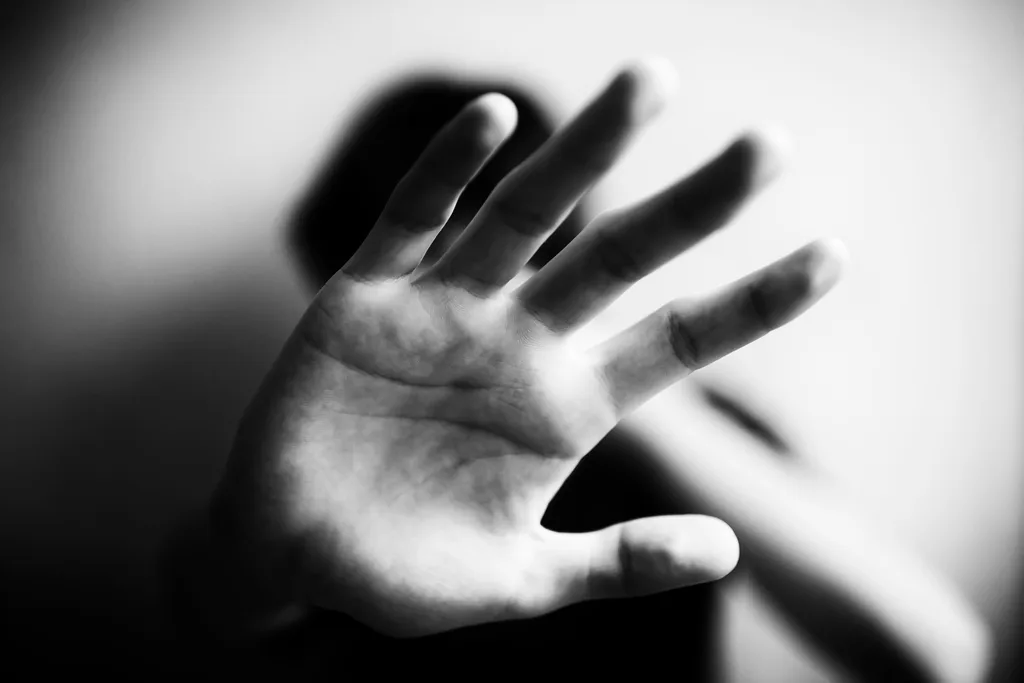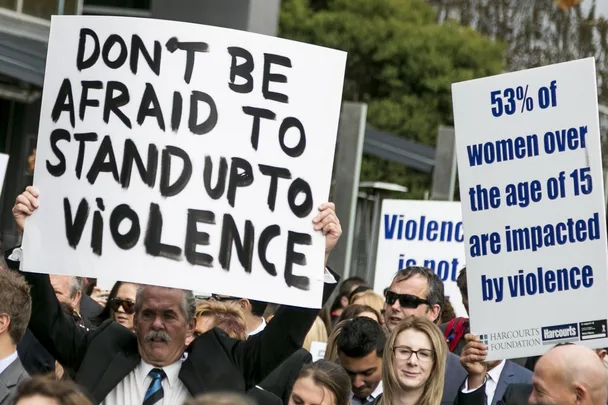Victims of domestic and family violence could get 10 days of paid leave under new rules Labor put to Parliament this week.
Currently, victims can get up to five days of unpaid leave each year under the National Employment Standards, after a ruling by the Fair Work Commission in 2018.
“Violence against women and their children represented a national crisis before this pandemic,” Linda Burney, Shadow Minister for Families and Social Services, said in Parliament on December 7. “Recent events have only underlined the reality that home is not a safe place for everyone.”
The new changes are hoping to make leaving an abusive relationship or negative home environment easier for victims, giving them time off work to attend court hearings, counselling, medical or legal specialists, as well as time to find alternative accommodation and housing.
“No one should have to choose between their livelihoods and their safety,” Burney added.
According to Women’s Agenda, the bill seeks to change the National Employment Standards, replacing the current five days of unpaid domestic violence leave. The proposed changes would mean that full-time and part-time employees would receive their regular rate of pay for the hours they would usually work, and casuals would get paid for the period they were rostered on for.
The changes would also allow an employees’ right to privacy, urging employers not to disclose if an employee has taken domestic violence leave.

Last week, Burney told Sky News, “The simple fact is, at the moment, there are five days of unpaid domestic violence leave. It is just not adequate for women and families who find themselves in this situation, which is a dreadful situation, to be able to keep appointments, perhaps change schools, in some cases, find new accommodation, and all through a very traumatic time.”
“Preventing family violence is everyone’s business, and it is time for the Commonwealth Government to show leadership,” she said.
The proposed changes come as cases of domestic violence have spiked during the pandemic, leading experts to label 2020 as Australia’s “worst year” for violence against women.
According to Counting Dead Women researchers at Destroy The Joint, 50 women have been killed at the hands of partners, former partners or family members in 2020 alone.
“2020 will be remembered as the worst year for domestic violence that any of us who are in the sector now have ever experienced,” Hayley Foster, chief executive of Women’s Safety, told The Guardian last week.
“There [have been] just so many more strangulation cases, so many threats to kill, so many more serious head injuries, and sexual assaults [have been] going through the roof,” she said.
Labor’s new bill also follows passionate campaigning to State and Territory governments to make coercive control illegal in Australia—defined by patterns of manipulative behaviour, including emotional abuse, isolation, sexual coercion, financial abuse and cyberstalking.
Coercive control, despite not being criminalised in Australia, is often believed to be a strong precursor to physical assault and associated with 99 per cent of cases where a woman is killed by her current or former partner.
Sign our petition calling on the government to make coercive control a crime and help us change the lives of thousands of women.
If you or someone you know is impacted by sexual assault, domestic or family violence, call 1800RESPECT on 1800 737 732.










